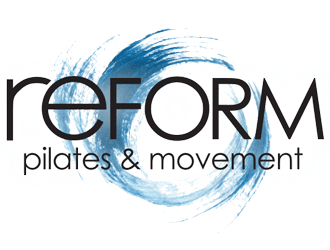Dismantling Racism- Defensiveness
The reFORM staff continues to work as a team to increase our ability to identify and fight racism in ourselves, our communities, and society. We’re using Dismantling Racism: A Workbook for Social Change Groups, by Kenneth Jones and Tema Okun, to explore customs in our culture that perpetuate White Supremacy and to actively counter them in our work. We’re currently working with “Defensiveness.”
This is how the authors describe how defensiveness shows up in an organization:
The organizational structure is set up and much energy spent trying to prevent abuse and protect power as it exists rather than to facilitate the best out of each person or to clarify who has power and how they are expected to use it • because of either/or thinking (see below), criticism of those with power is viewed as threatening and inappropriate (or rude) • people respond to new or challenging ideas with defensiveness, making it very difficult to raise these ideas • a lot of energy in the organization is spent trying to make sure that people’s feelings aren’t getting hurt or working around defensive people • white people spend energy defending against charges of racism instead of examining how racism might actually be happening • the defensiveness of people in power creates an oppressive culture.
Here are the statements we strive to embody at reFORM:
We understand that structure cannot in and of itself facilitate or prevent abuse.
We understand the link between defensiveness and fear (of losing power, losing face, losing comfort, losing privilege).
We work on our own defensiveness (of our expertise, position, perspective, etc. as teachers and elsewhere in our lives).
We name our defensiveness as a problem when it is one.
We practice giving ourselves and our clients credit for being able to handle more than we think.
We think about the ways in which defensiveness or resistance to new ideas gets in the way of our mission.


